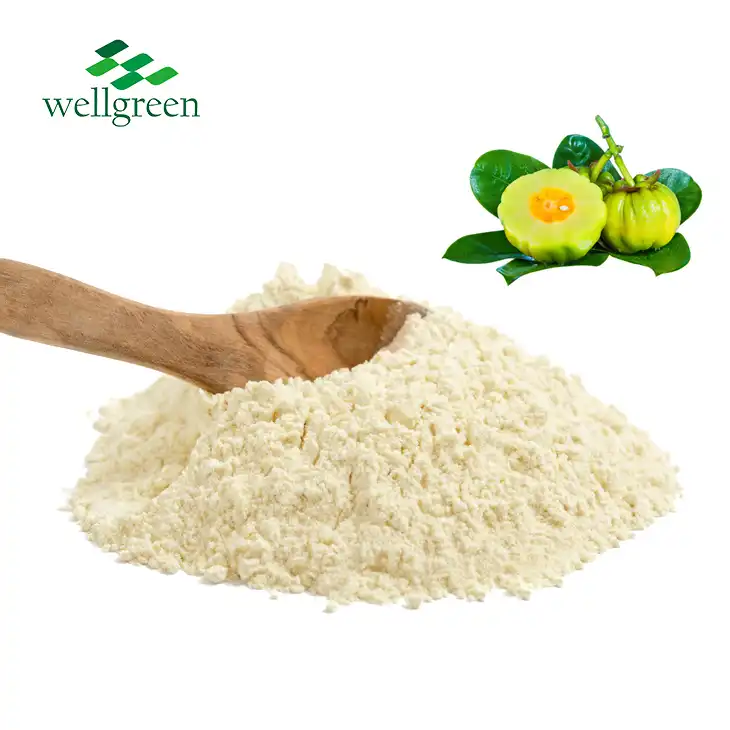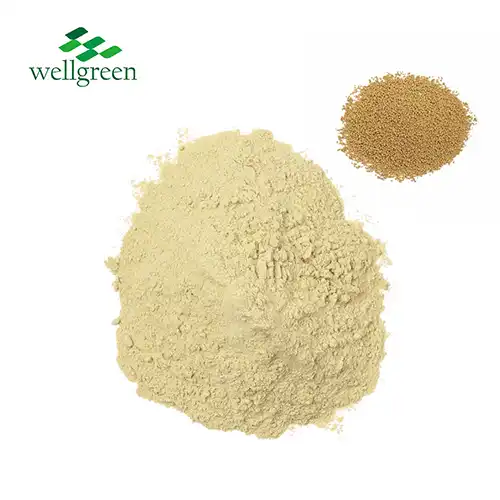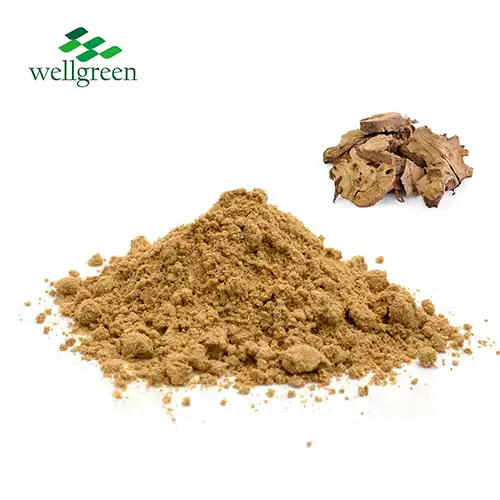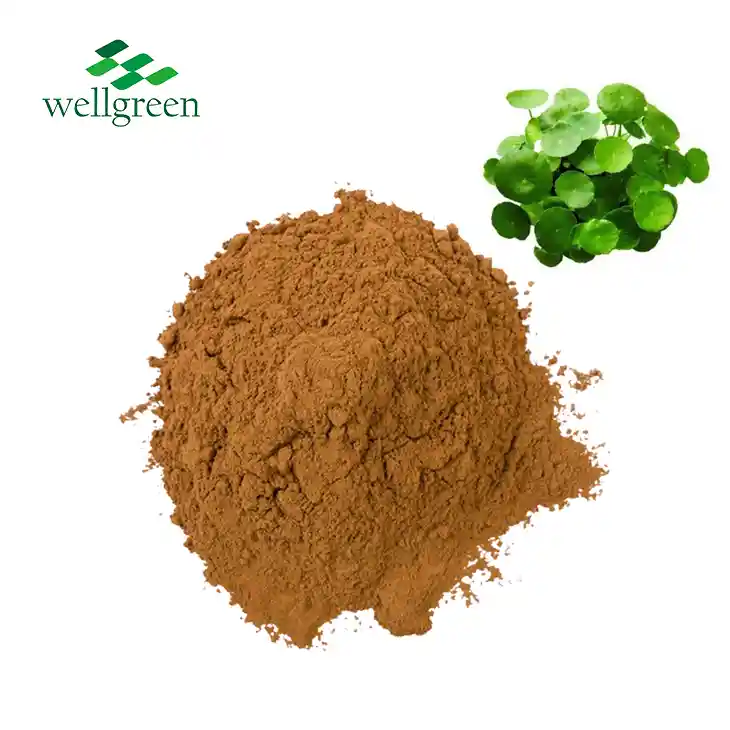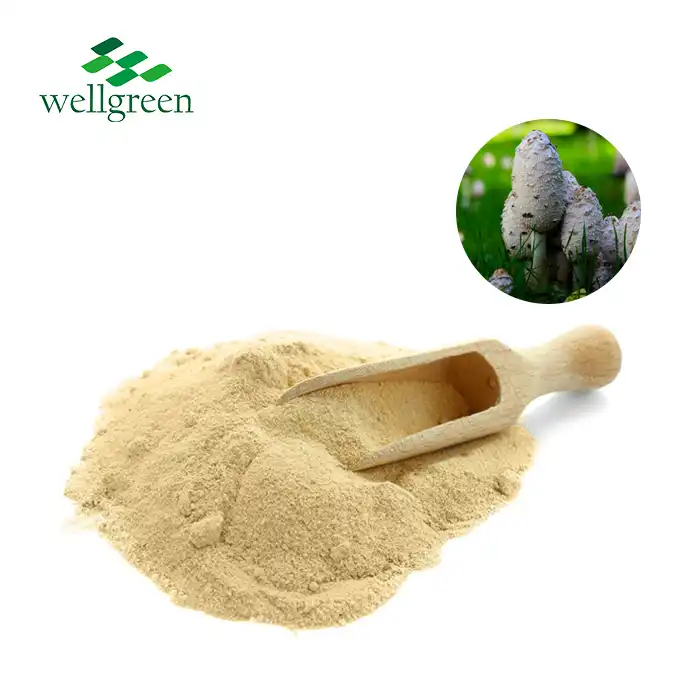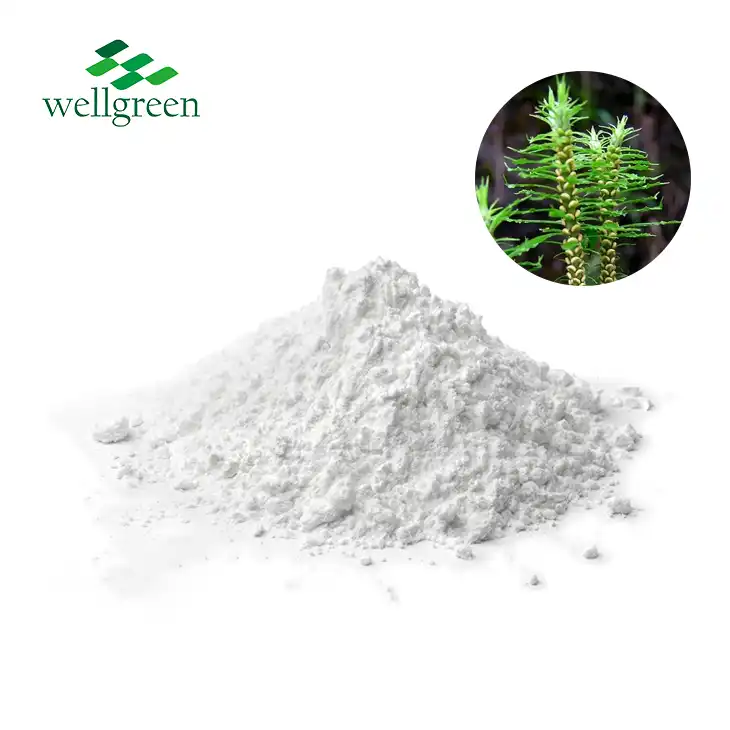What is Lycopodium Clavatum Used For?
2024-01-24 10:06:15
Lycopodium clavatum, commonly known as stag's horn clubmoss, is a species within the genus Lycopodium, belonging to the family Lycopodiaceae. This unique plant species has a rich history and holds significance in various fields, including medicine, folklore, and environmental science.
Taxonomy and Classification:
 Lycopodium clavatum is classified within the division Lycopodiophyta, a group of primitive vascular plants often referred to as clubmosses. The genus Lycopodium includes numerous species, but lycopodium clavatum extract stands out for its distinctive appearance and widespread distribution. Taxonomically, it is characterized by its upright growth habit, densely arranged needle-like leaves, and the formation of cone-like reproductive structures known as strobili.
Lycopodium clavatum is classified within the division Lycopodiophyta, a group of primitive vascular plants often referred to as clubmosses. The genus Lycopodium includes numerous species, but lycopodium clavatum extract stands out for its distinctive appearance and widespread distribution. Taxonomically, it is characterized by its upright growth habit, densely arranged needle-like leaves, and the formation of cone-like reproductive structures known as strobili.
Morphology and Reproduction:
The morphology of lycopodium clavatum is characterized by prostrate or creeping stems that give rise to vertical shoots. The small, scale-like leaves are arranged in spirals along the stems, forming lush green tufts. The reproductive cones, or strobili, appear at the tips of specialized branches. Lycopodium clavatum is homosporous, producing a single type of spore that gives rise to a bisexual gametophyte, a unique reproductive strategy among vascular plants.
Distribution and Habitat:
Lycopodium clavatum exhibits a wide distribution, spanning diverse habitats across the Northern Hemisphere, including North America, Europe, and Asia. It thrives in various ecosystems, ranging from coniferous and deciduous forests to heathlands and moorlands. This adaptability to different environments contributes to the ecological success of lycopodium clavatum as it colonizes both disturbed and undisturbed habitats.
Ecological Role and Conservation:
The ecological role of lycopodium clavatum is multifaceted. As a pioneer species, it plays a crucial role in early successional stages, aiding in soil stabilization and preparing the ground for the establishment of other plant species. Additionally, the dense mats formed by lycopodium clavatum provide habitat and shelter for small invertebrates and contribute to nutrient cycling in forest ecosystems.
While lycopodium extract is not currently listed as endangered, some populations may face threats due to habitat loss and climate change. Conservation efforts should consider the unique ecological role of this species, ensuring its preservation for the benefit of biodiversity and ecosystem health.
Lycopodium clavatum, with its distinctive morphology and ecological significance, stands as a representative species within the genus Lycopodium. Understanding its taxonomy, morphology, distribution, and ecological role contributes to our broader knowledge of plant diversity and ecosystem dynamics. As we appreciate the historical uses and cultural significance of lycopodium clavatum extract, it becomes clear that the conservation of this species is not only important for scientific reasons but also for preserving cultural heritage and traditional knowledge.
What is Lycopodium Clavatum 30c Used For?
Lycopodium clavatum 30c is a homeopathic remedy derived from the spores of the clubmoss plant, lycopodium clavatum. Homeopathy is a holistic system of medicine that utilizes highly diluted substances to stimulate the body's natural healing processes. Lycopodium clavatum 30c is a potent and widely used remedy in homeopathic practice, known for its diverse applications in addressing a range of physical and emotional symptoms.
Lycopodium clavatum, commonly referred to as clubmoss or wolf's-foot, is a creeping, evergreen plant belonging to the Lycopodiaceae family. In homeopathy, lycopodium clavatum 30c is prepared through a meticulous process of potentization, involving successive dilution and succussion. The remedy is characterized by its affinity for the digestive system, liver, and respiratory organs, making it valuable for a variety of health conditions.
Applications in Homeopathic Practice:
1. Digestive Disorders:Lycopodium clavatum 30c is frequently prescribed for individuals experiencing digestive issues such as indigestion, bloating, and flatulence. It is especially indicated when symptoms worsen between 4 p.m. and 8 p.m. and when there is a preference for warm food and drinks. The remedy is believed to address imbalances in the gastrointestinal tract and promote digestive well-being.
 2. Liver and Gallbladder Conditions:Homeopathic practitioners often consider Lycopodium clavatum 30c for liver and gallbladder disorders. It may be recommended for individuals with symptoms like a sensation of fullness in the right upper abdomen, discomfort after eating fatty foods, and a tendency towards constipation. The remedy is thought to support liver function and improve bile flow.
2. Liver and Gallbladder Conditions:Homeopathic practitioners often consider Lycopodium clavatum 30c for liver and gallbladder disorders. It may be recommended for individuals with symptoms like a sensation of fullness in the right upper abdomen, discomfort after eating fatty foods, and a tendency towards constipation. The remedy is thought to support liver function and improve bile flow.
3. Respiratory Ailments:Lycopodium clavatum 30c is utilized in cases of respiratory conditions, including bronchitis and asthma. It may be prescribed when there is difficulty breathing, wheezing, and a sense of constriction in the chest. The remedy is selected based on the individual's specific symptoms and overall constitution.
4. Urinary Complaints:Individuals experiencing urinary issues, such as frequent urination or difficulty initiating urination, may find relief with lycopodium clavatum 30c. Homeopathic practitioners consider the remedy for its potential to address various urinary symptoms and restore balance to the urinary system.
5. Emotional Well-being:Beyond its physical applications, lycopodium clavatum 30c is also employed to address certain emotional and mental states. It is often recommended for individuals with a lack of self-confidence, anxiety, and a fear of failure. The remedy may help restore emotional equilibrium and enhance overall well-being.
Is Lycopodium an Antibiotic?
No, lycopodium Clavatum is not an antibiotic. It is important to note that homeopathic remedies like lycopodium Clavatum work differently from conventional antibiotics. While antibiotics directly target and kill bacteria, lycopodium extract strengthens the body's own defenses and immune system. It aims to restore balance and promote overall health rather than combating specific bacteria.
Other Uses and Benefits
Lycopodium Clavatum has a wide range of applications aside from digestive disorders. Some other common uses and benefits include:
★ Respiratory Issues: Lycopodium Clavatum may help alleviate respiratory conditions such as asthma, bronchitis, and coughs.
★ Urinary Problems: It can aid in the management of urinary tract infections, prostate issues, and incontinence.
★ Skin Conditions: Lycopodium Clavatum may help treat certain skin ailments like eczema, dryness, and fungal infections.
★ Emotional and Mental Health: This remedy is also believed to have positive effects on anxiety, depression, and other emotional imbalances.
Keep in mind that individual results may vary, and it is always best to consult with a qualified healthcare professional before incorporating any new treatment into your healthcare routine.
Conclusion
Lycopodium Clavatum, in its various potencies such as 30c, offers a holistic approach to addressing numerous health concerns. From digestive issues to respiratory ailments, there are several potential benefits associated with this homeopathic remedy. Remember, it's crucial to consult a healthcare professional for personalized advice and guidance.
WELLGREEN is an innovation-driven manufacturer of herbal extracts since 2011 certified by ISO9001:2015, ISO22000, HALAL, KOSHER, HACCP, and Organic Certificate. If you need lycopodium clavatum extract, please contact us immediately, E-mail:wgt@allwellcn.com We can supply customized service as per your request.
References:
1. Boericke, W. (2004). Pocket Manual of Homeopathic Materia Medica and Repertory. B. Jain Publishers.
2. Clarke, J. H. (1994). A Dictionary of Practical Materia Medica. B. Jain Publishers.

